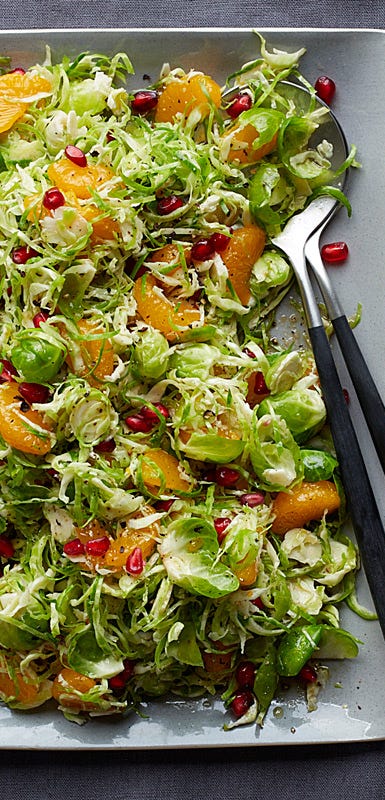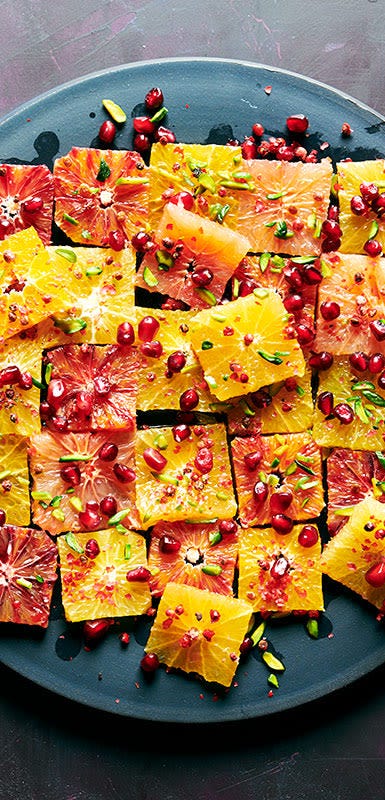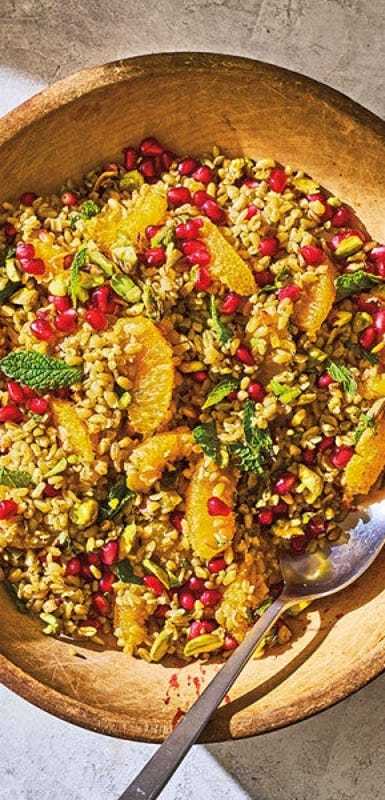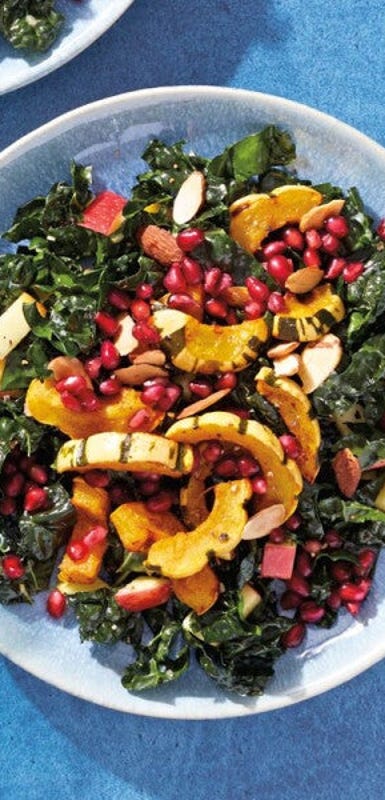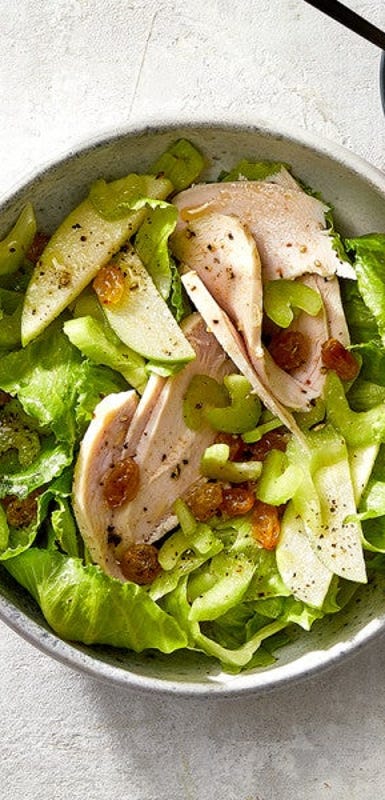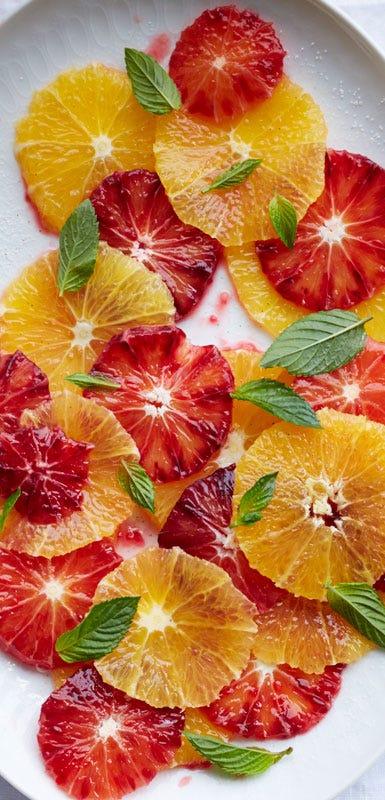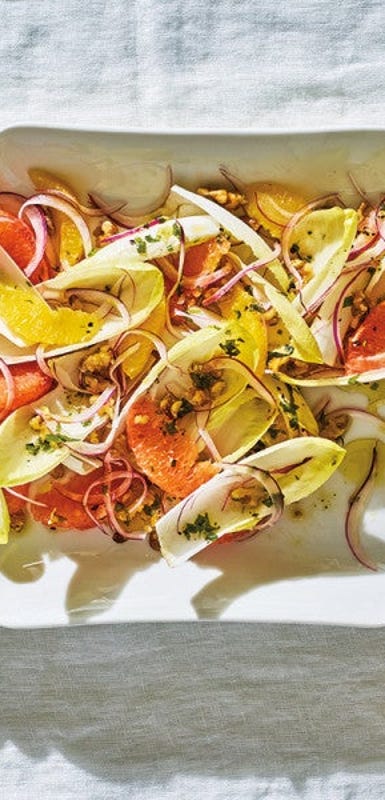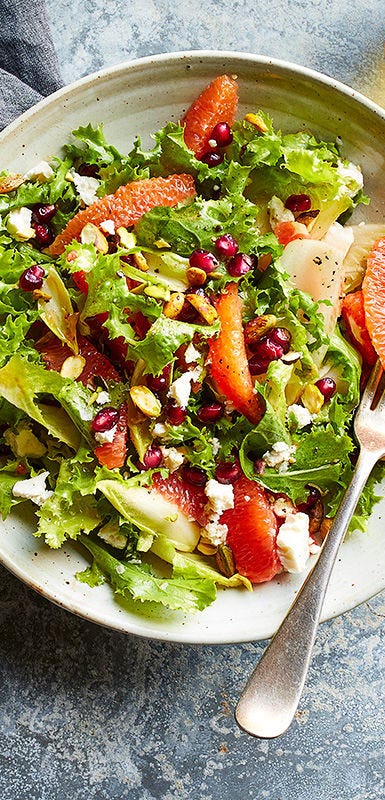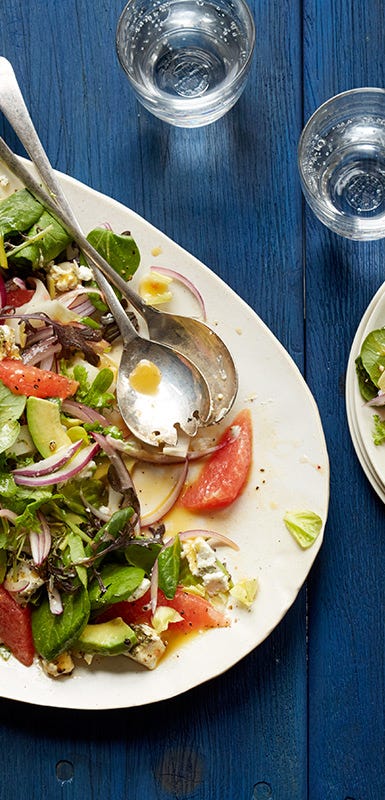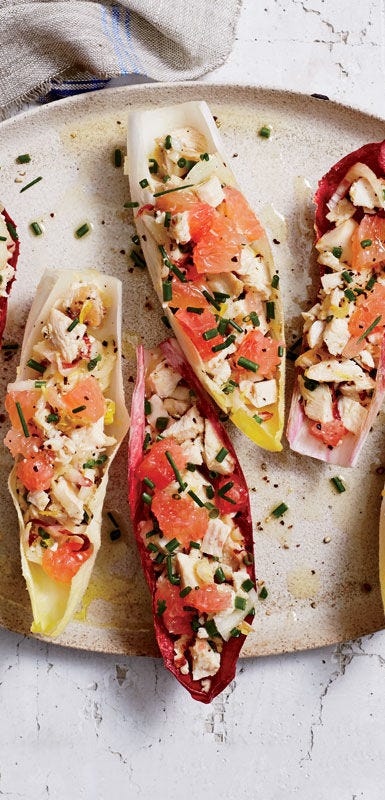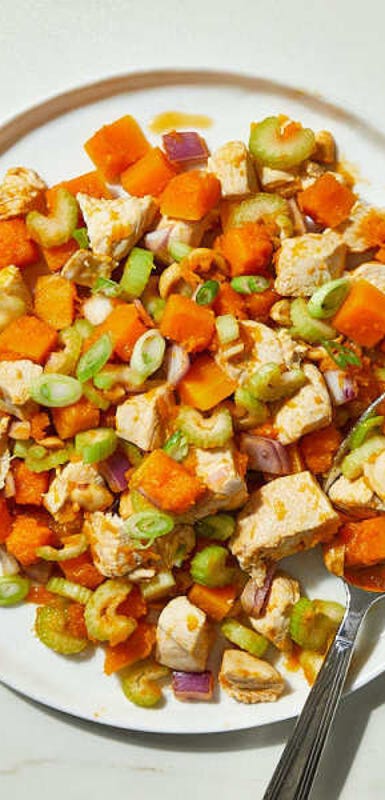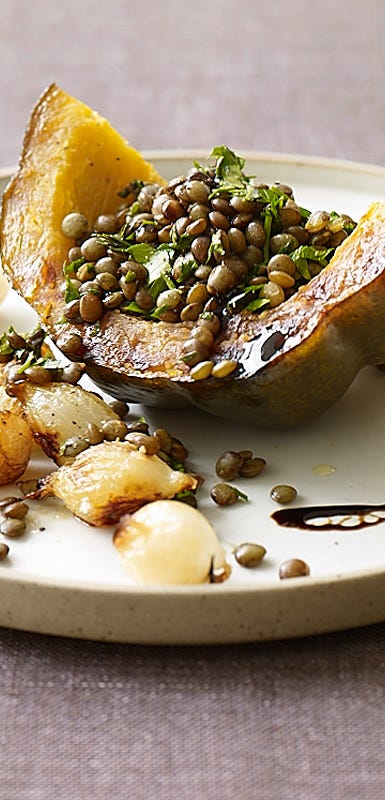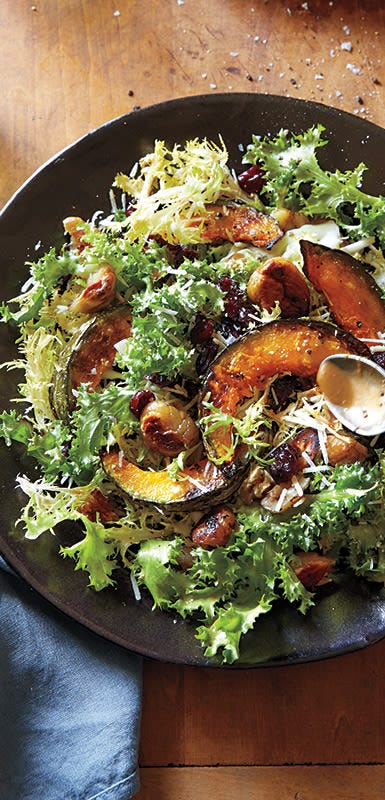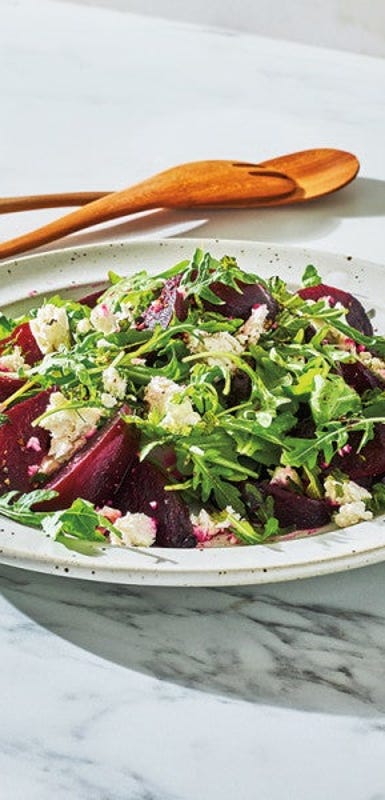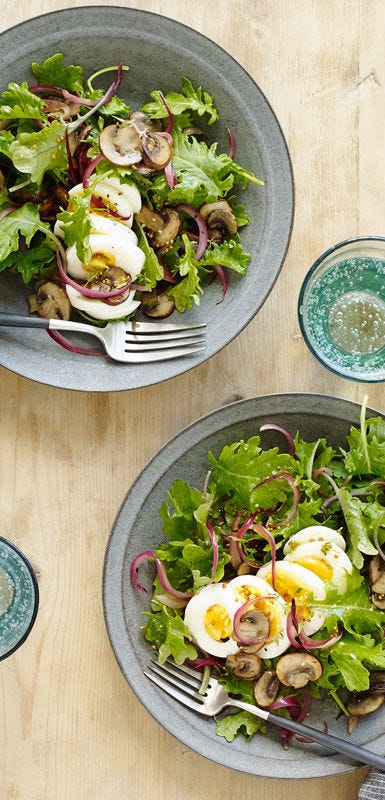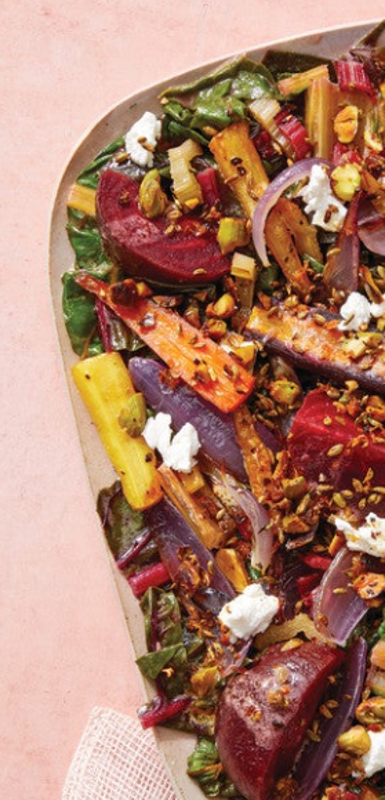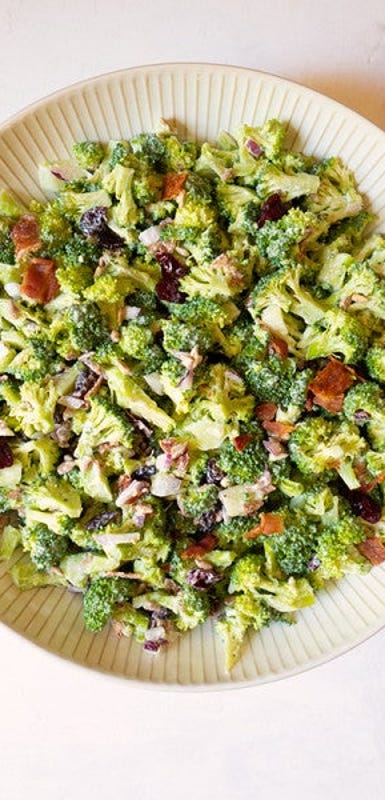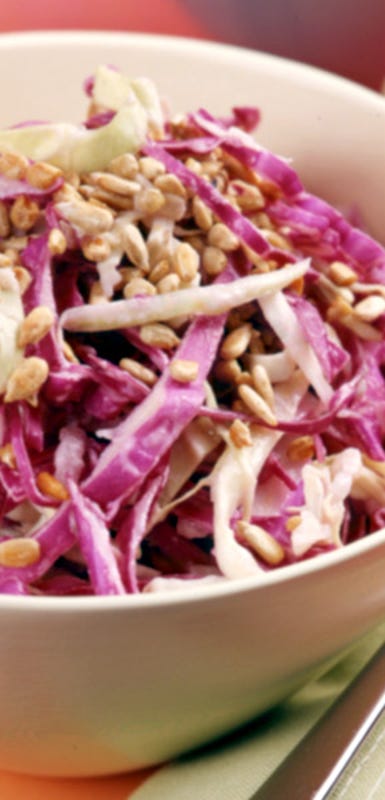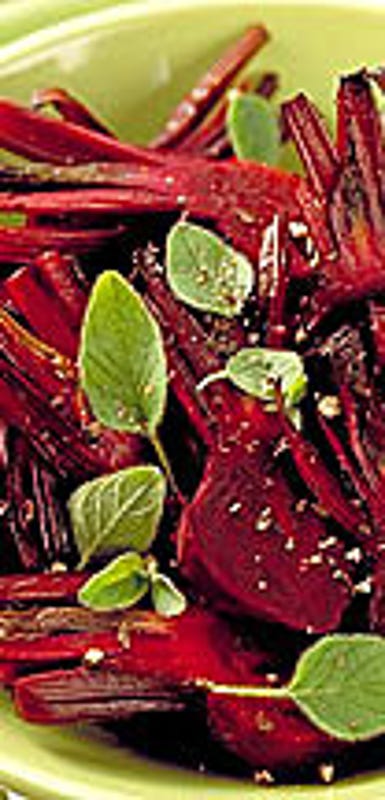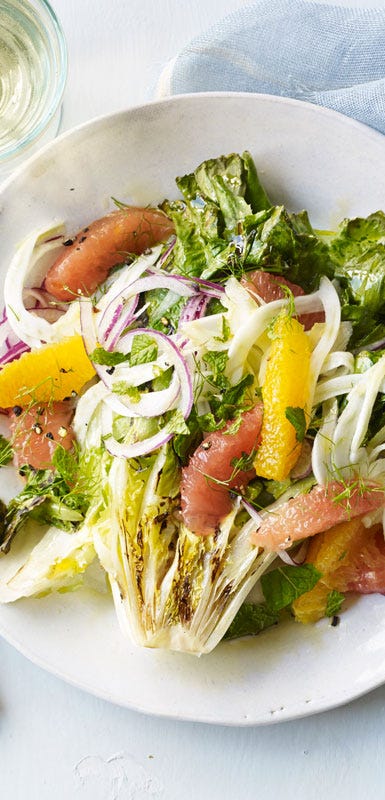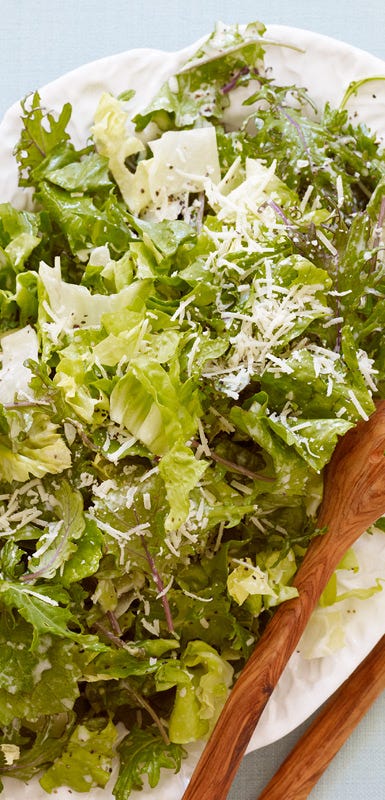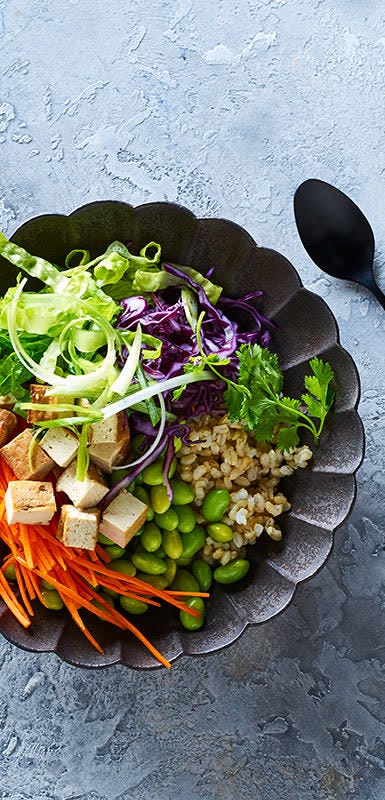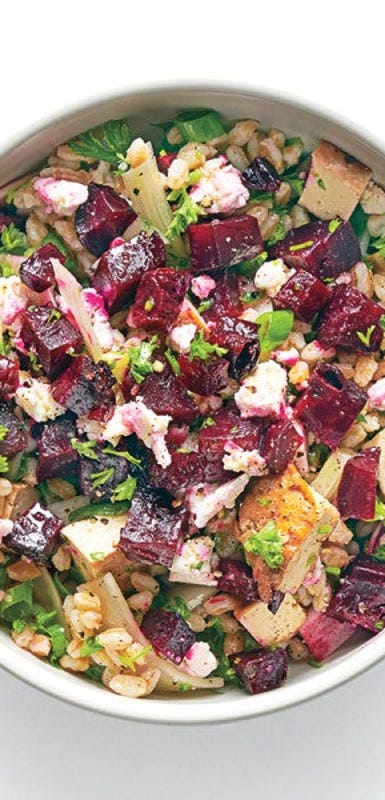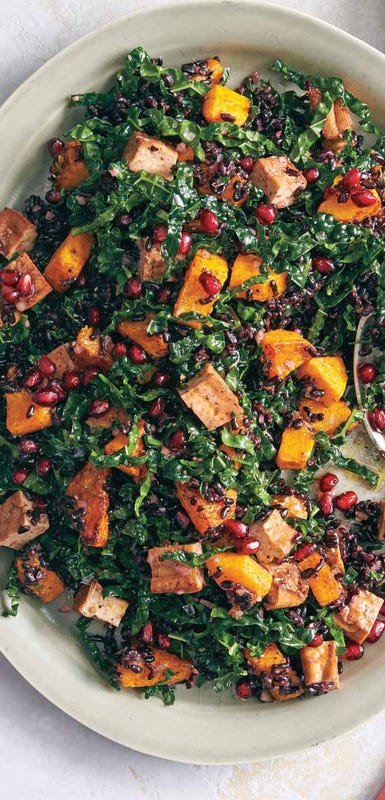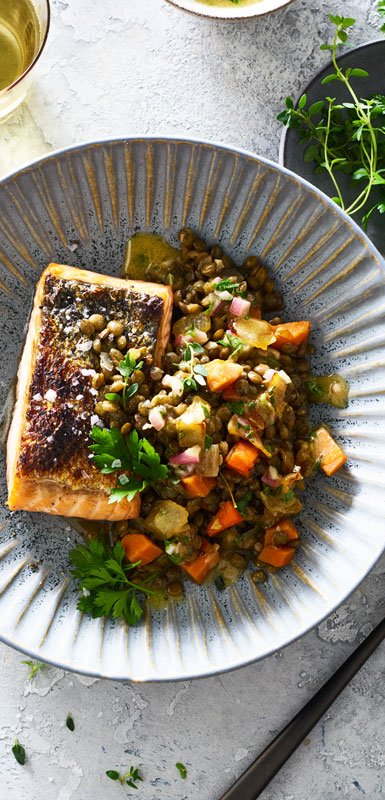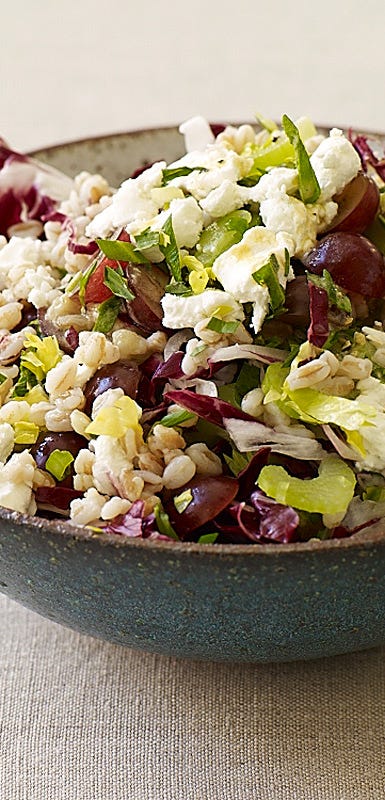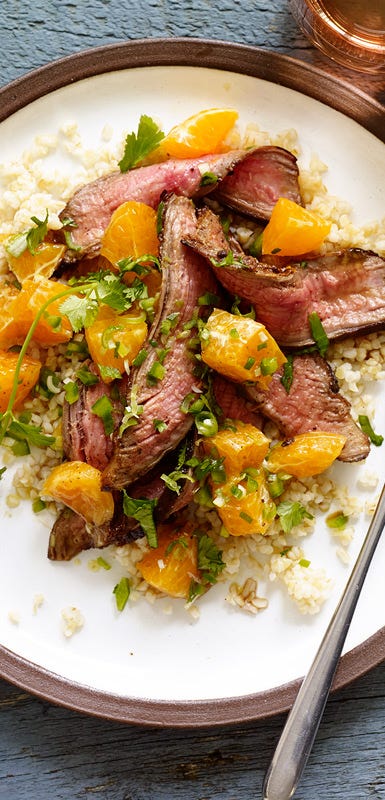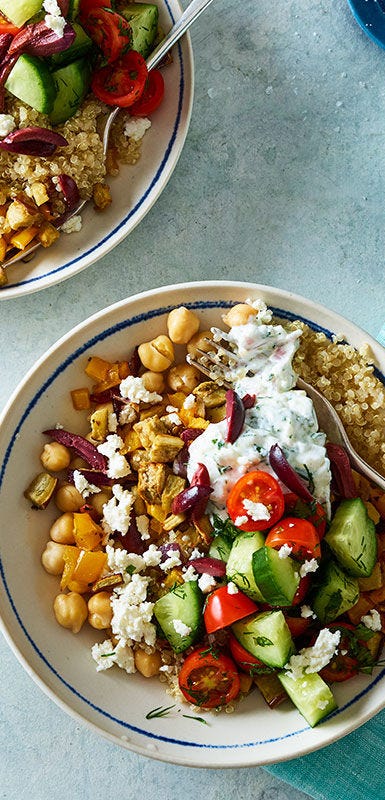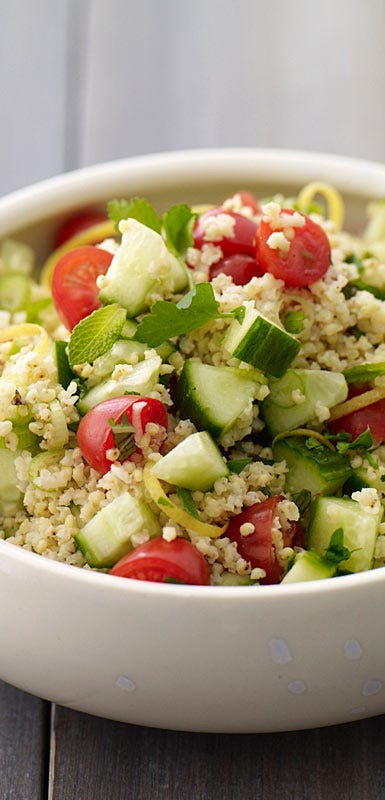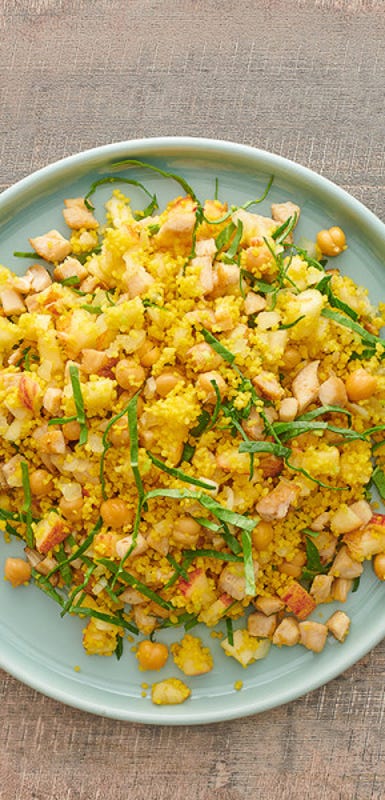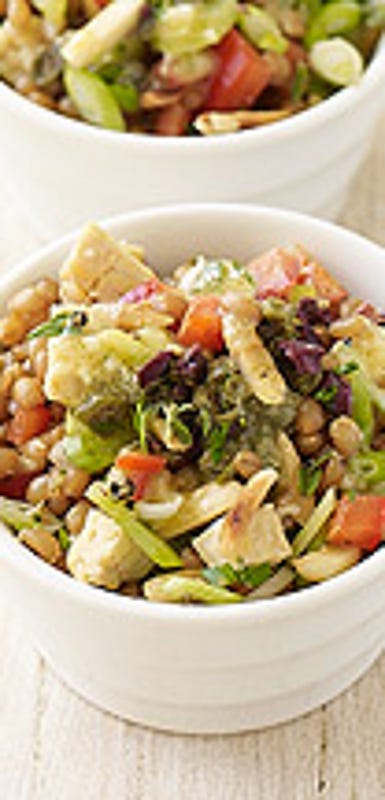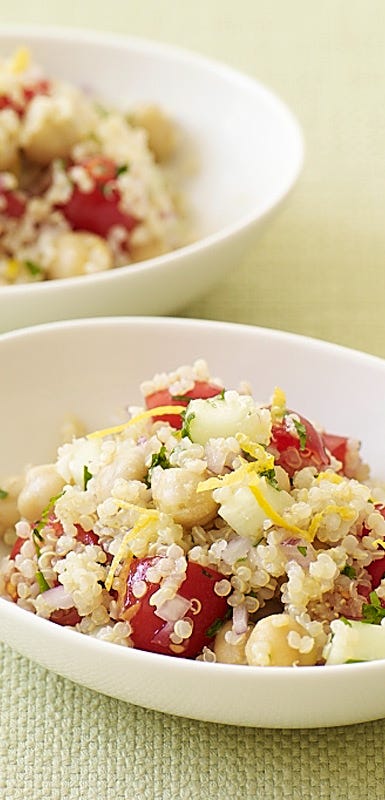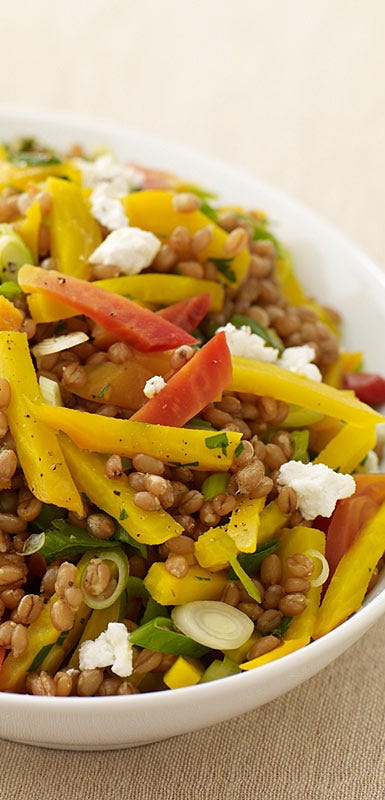How to incorporate winter ingredients in salads
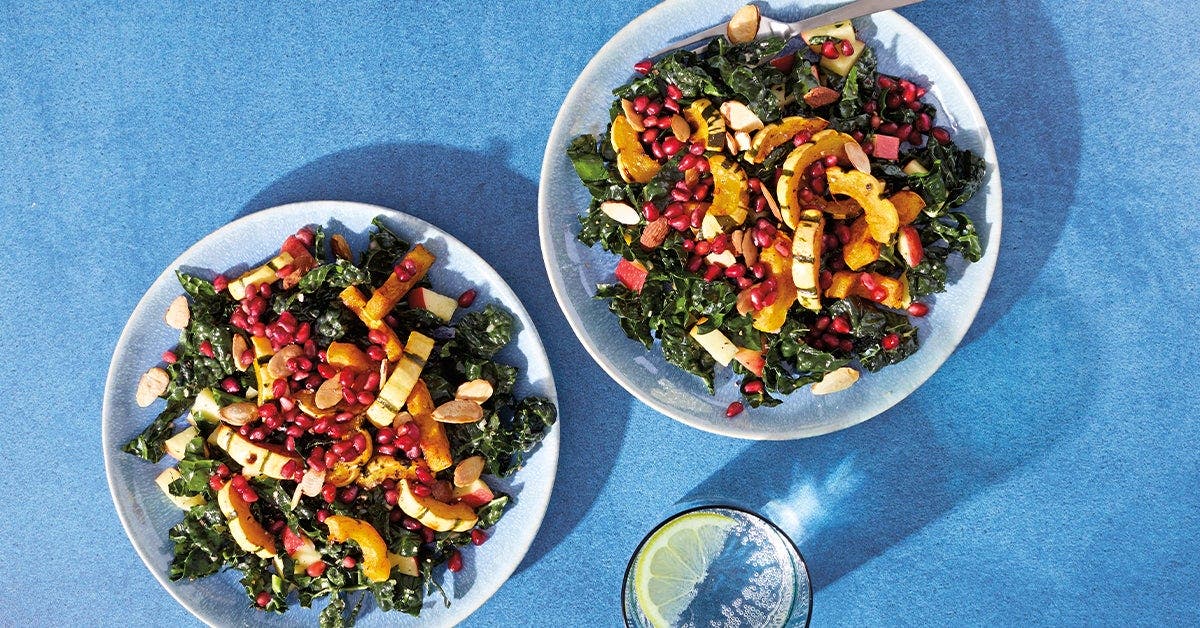
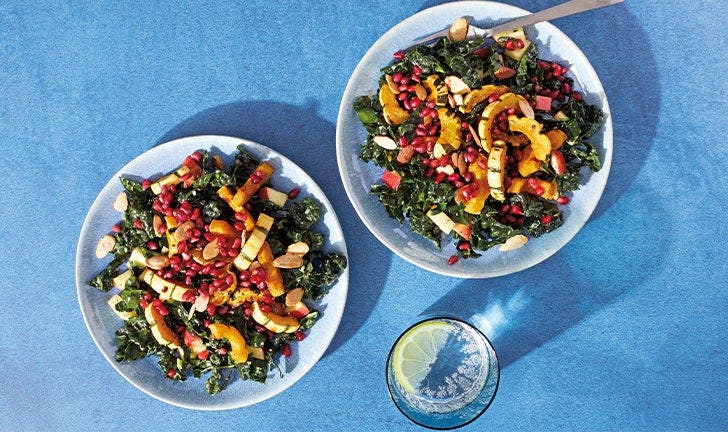
When it comes to building a memorable winter salad, there’s an abundance of beautiful, seasonal ingredients to work with. Get inspired with this collection of wintery recipes and learn all about making nutritious and satiating salads with in-season fruits, vegetables, and grains.
Salad Recipes Featuring Winter Fruit
While it might be cold outdoors, a crisper drawer full of oranges, clementines, grapefruits, pomegranates, persimmons, pears, and apples is a sunny sight in any kitchen. When these fruits are added to a salad, you can expect a pop of colour and bright flavour. Citrus fruit is especially bountiful during the winter months, and pairs well with bitter greens, grains, and spices with warm, earthy notes. Most winter fruits can be kept in a fruit bowl on the counter for a couple of days at room temperature, but for longer storage keep fruit in a loose plastic bag in the crisper drawer for up to four weeks. As long as the fruit is covered, pomegranates can be kept in the refrigerator for up to three months.
Add some seasonal fruit to your winter salad:
Salad recipes featuring winter veggies
The salad recipes in this section make excellent use of the contrasting flavours and textures of winter vegetables. Combinations such as sweet squash with Brussels sprouts or bitter greens and earthy roasted beets will elevate even the simplest salad recipes. Cruciferous vegetables, such as broccoli, broccolini, kale, Brussels sprouts, and cauliflower, will drastically change in flavour depending on how you prepare them. For example, when Brussels sprouts, broccoli, and cauliflower are roasted they take on an intensely-nutty flavour—a cooking technique that also minimizes the natural sulphur smell associated with these ingredients. For maximum efficiency, purchase pre-cubed frozen butternut squash, vacuum-sealed pre-cooked beets, and canned lentils (or other legumes.)
Meet your winter veggie quota with these inspired recipes:
Grain-based winter salad recipes
Whole grains add a pleasant chewiness and nutty flavour to hearty winter salads. With an impressive range of grains to choose from, some of our favourites include black rice, farro, quinoa, wheat berries, and millet. Grains are an excellent source of insoluble fibre, which contributes to feelings of satiety while promoting healthy digestion. Whole wheat couscous, although technically not a grain, is also high in fibre and will keep in the fridge for up to five days. To cut down on prep time, consider purchasing pre-cooked grains or make a double batch and freeze the leftovers in half-cup and single-cup portions.

